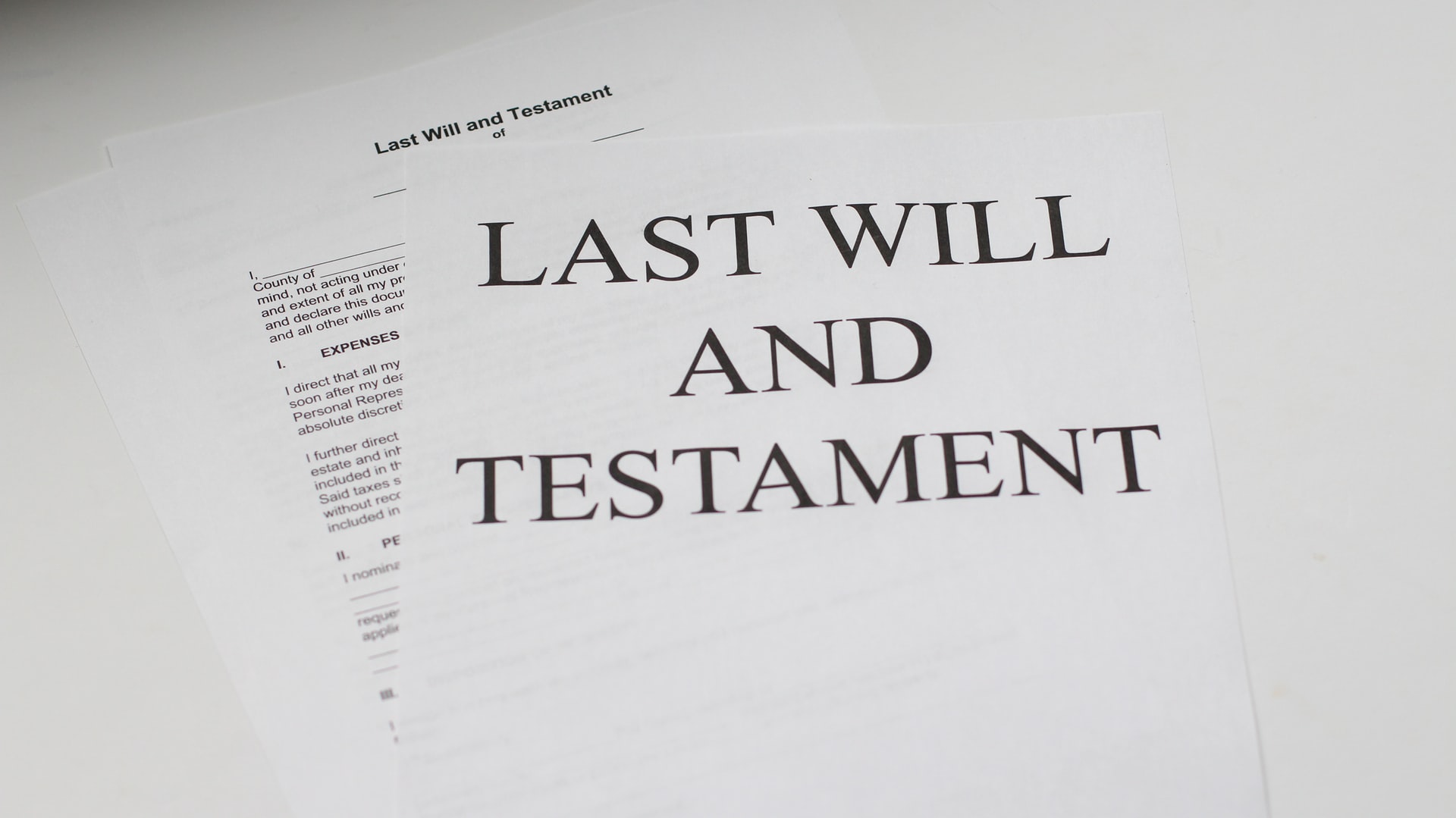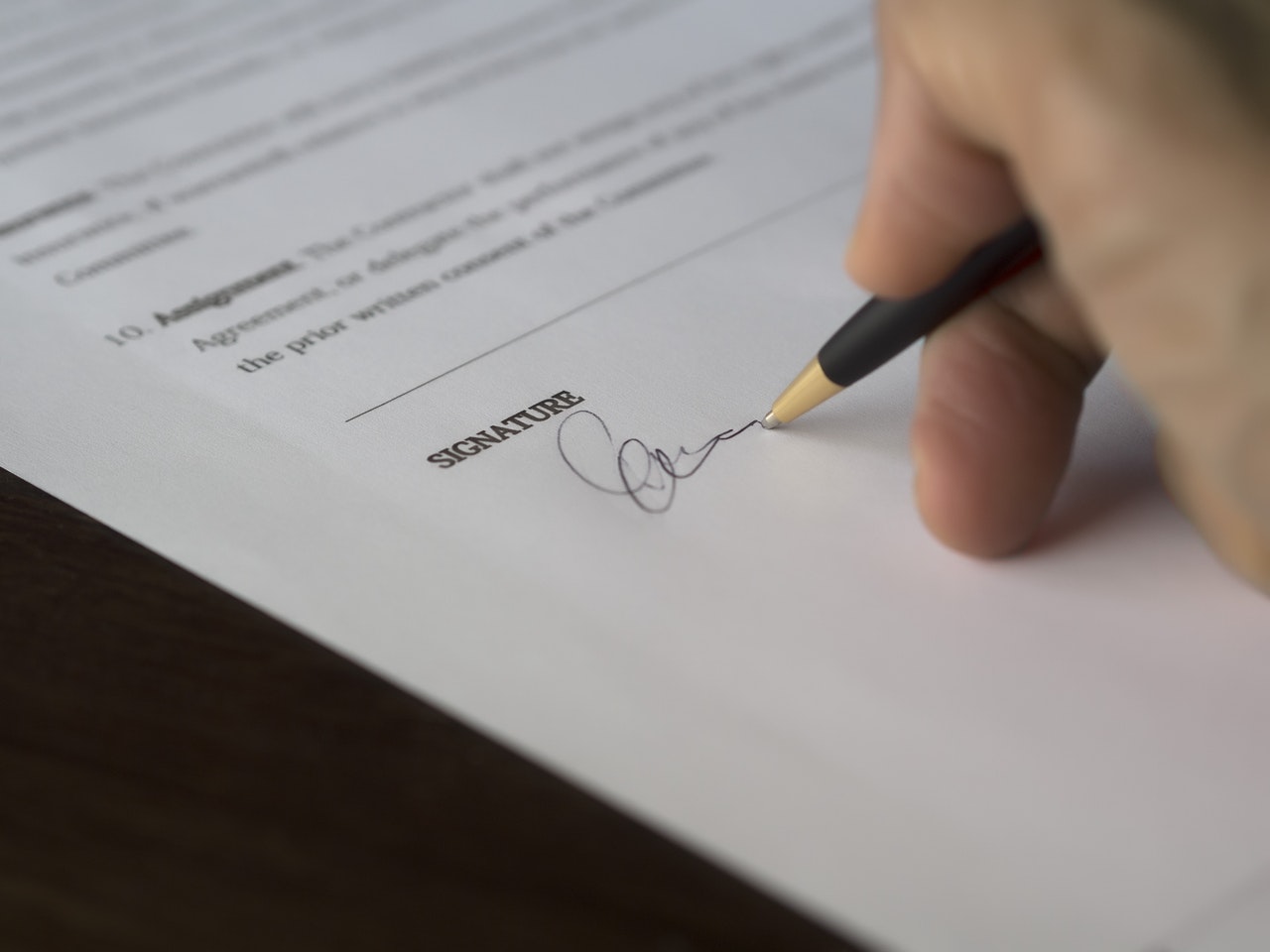
Wills and estate plans refer to appointing guardians and choosing heirs. They are legal documents that ensure your friends and family don’t suffer financially upon your death. Once you create both, you don’t have to worry about leaving anyone at the mercy of fate. However, many people make the mistake of thinking wills and estate plans are the same. With that said, let’s explain the difference between the two.
Contents of a will
To have a will, you don’t need to have an estate plan. While a will determines the division of your assets, it doesn’t include various other documents you can find in an estate plan. Writing a will is relatively straightforward. As long as you’re over 18, you can do it. Just bear in mind that a will has to be in writing and signed by you to be viewed as valid. The number of witnesses you need is determined by local laws. A will distributes all your personal property, which can be anything from jewellery to art pieces. It also distributes vehicles and properties. Quite often, a will is not enough to safely transfer assets upon someone’s death. Hence the need for estate plans.

A will is a part of an estate plan
One of the things you have to know about these two documents is that a will is a part of an estate plan, and by no means an entire estate plan. Although the two often get mixed up, a comprehensive estate plan contains much more than a will and testament. It involves developing an entire strategy for what to do with your assets upon your death. It deals with legal instruments and structures (such as a will) that determine the division of assets after you die. A will, on the other hand, states how you want your assets to be shared and who is responsible for it. If you don’t have a will, your wealth is distributed according to the state laws.
Some estate planning strategies can reduce taxes
One of the key reasons why you need these documents is dealing with taxes. Although there are no death duties on the property in Australia, many other taxes come into play. With some careful planning, you can make sure they don’t hit your loved ones hard upon your death. If you do everything right, your assets will pass to your loved ones in a tax-effective manner. This is why you should think about hiring a good estate planning lawyer who can help you with your will and estate plan. They’ll deal with all the paperwork for you and explain to you everything about tax strategies you should be aware of.

An estate plan deals with additional matters
Some information you can include in your estate plan is not a part of your will, even if they mention it. Basically, this document guarantees that your loved ones get in possession of your assets the way you want. In your estate plan, you can assign a person or organization who’ll make sure all the protections are in place. Their job is also to ensure a smooth transfer of your assets and redeem your stocks. Your safest bet is to find a good lawyer and have them guide you through the entire process. They’ll know exactly what to do to ensure everything goes the way you’ve planned.
Conclusion
Although these two documents often get mixed up, it’s important to know the difference between them. This is especially the case if you’ve decided what you want to happen with your assets upon your death. Dealing with both on time ensures none of your loved ones ends up in a bitter and costly dispute over your wealth.